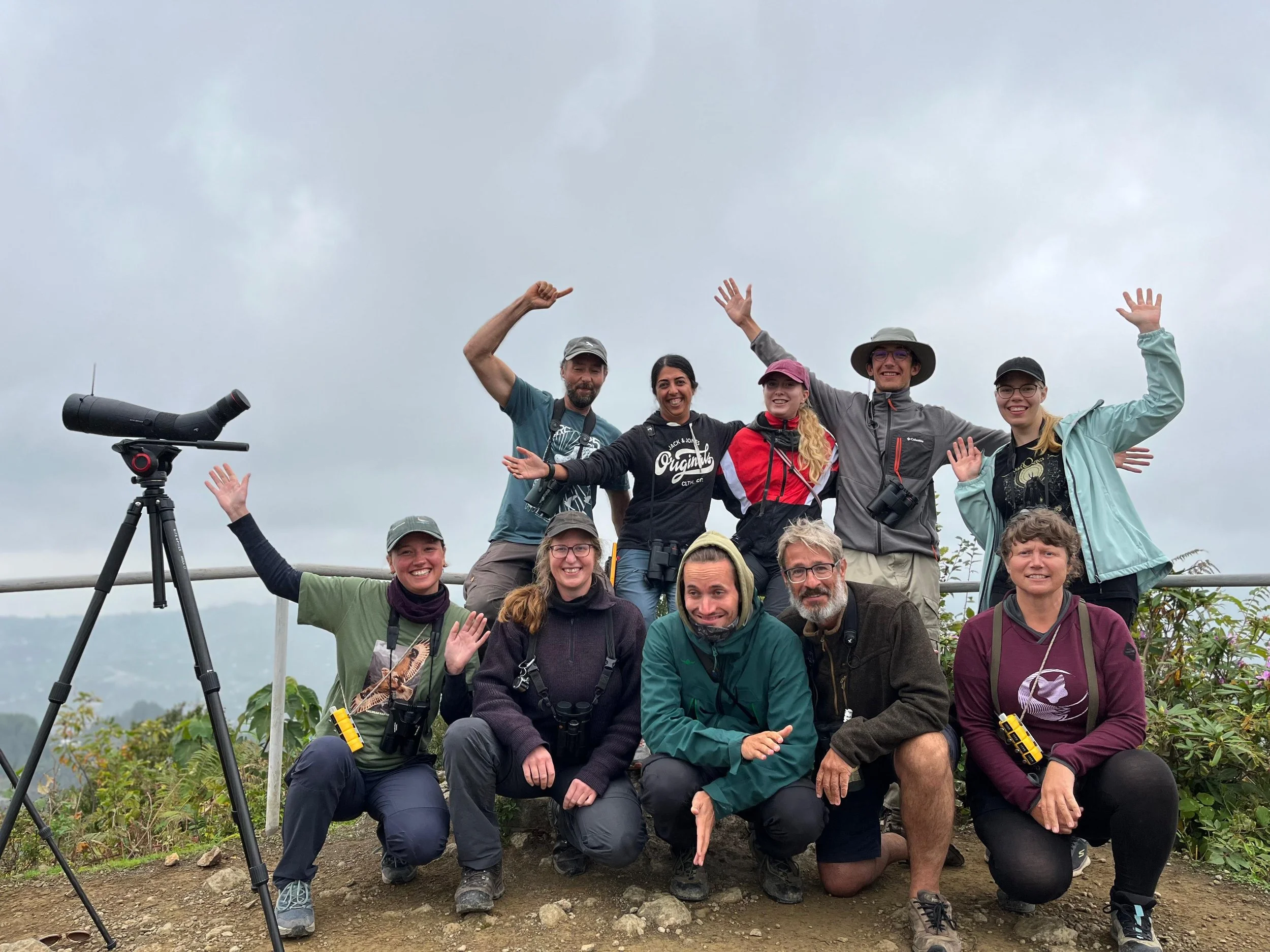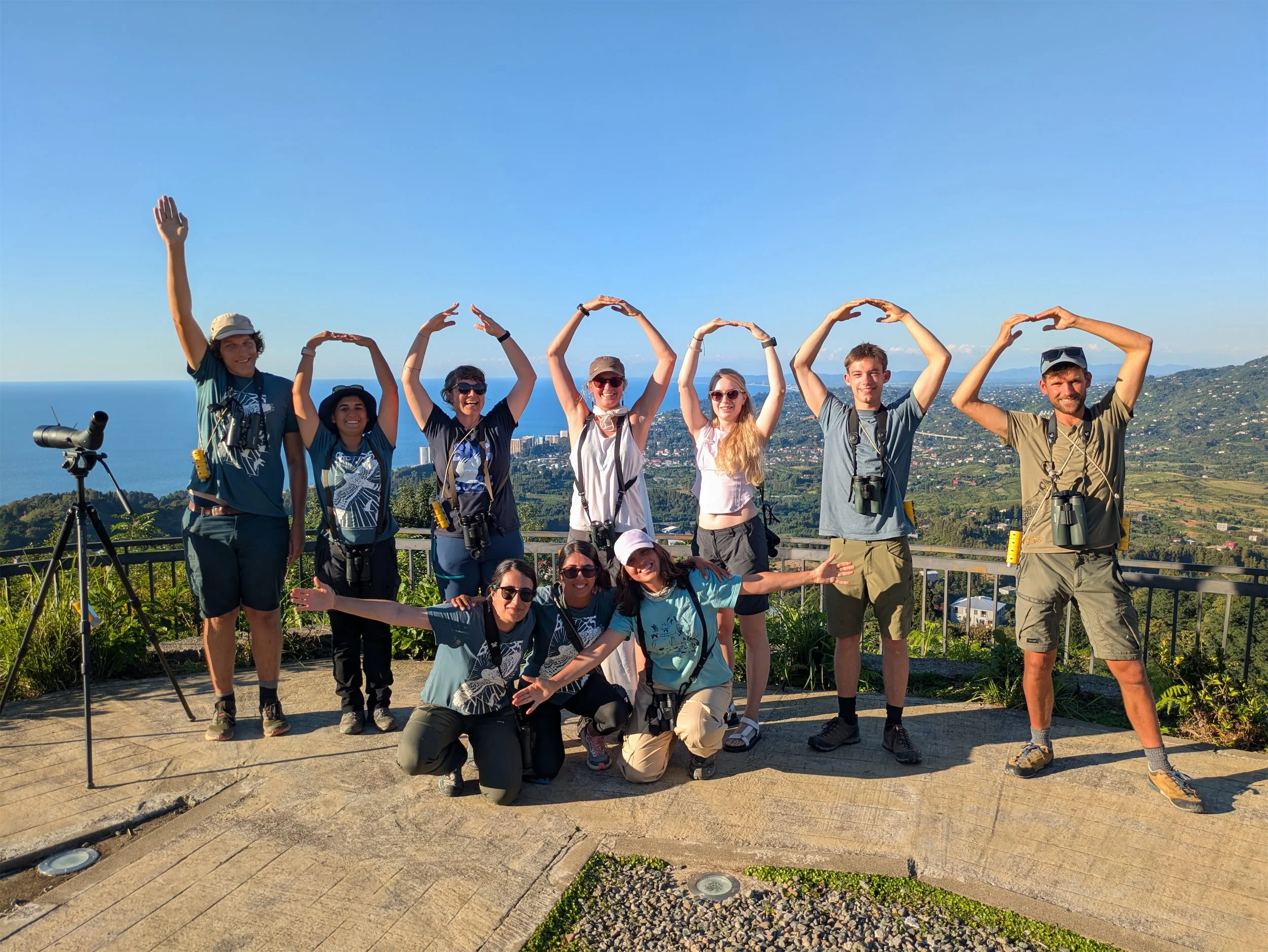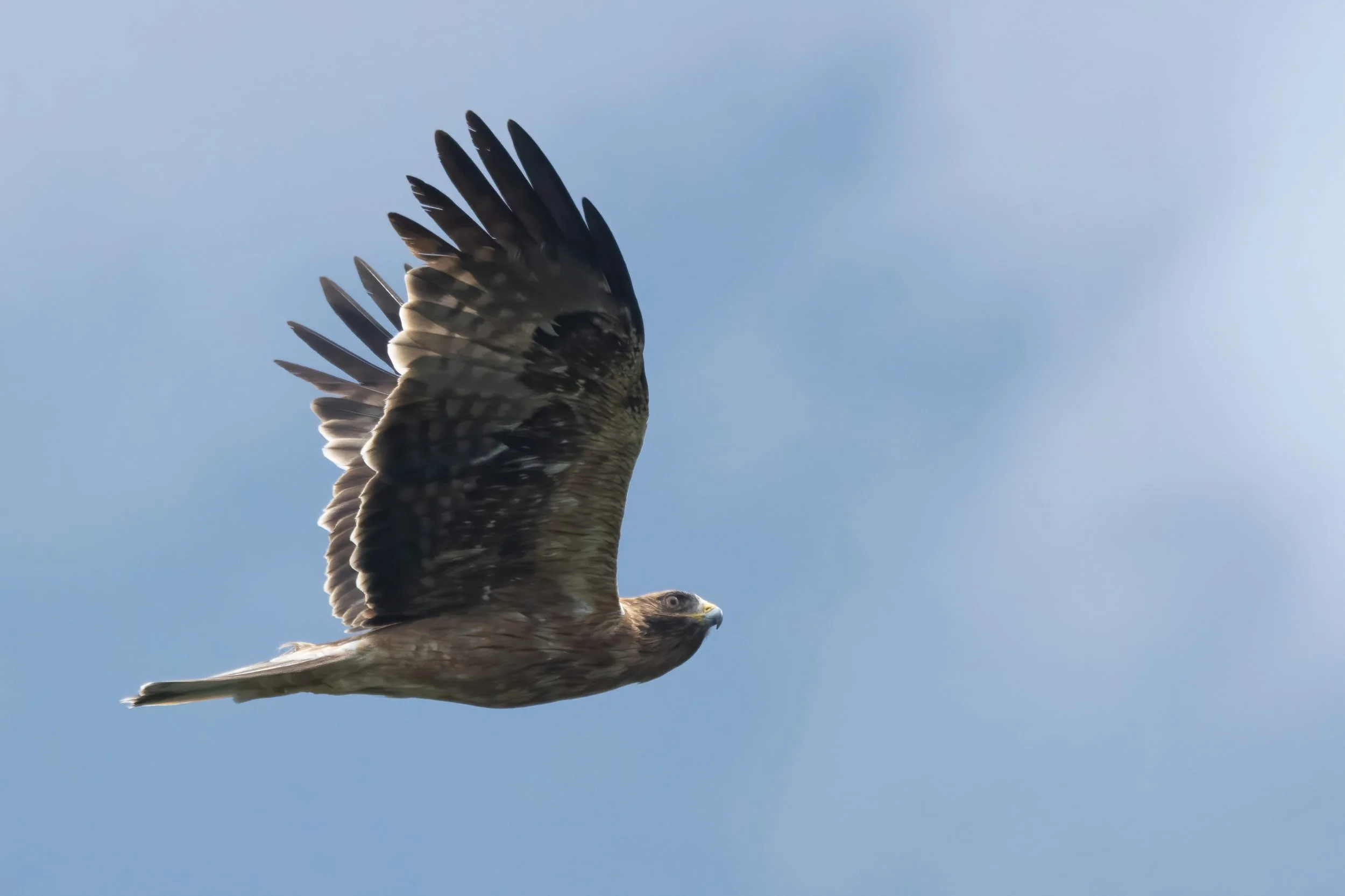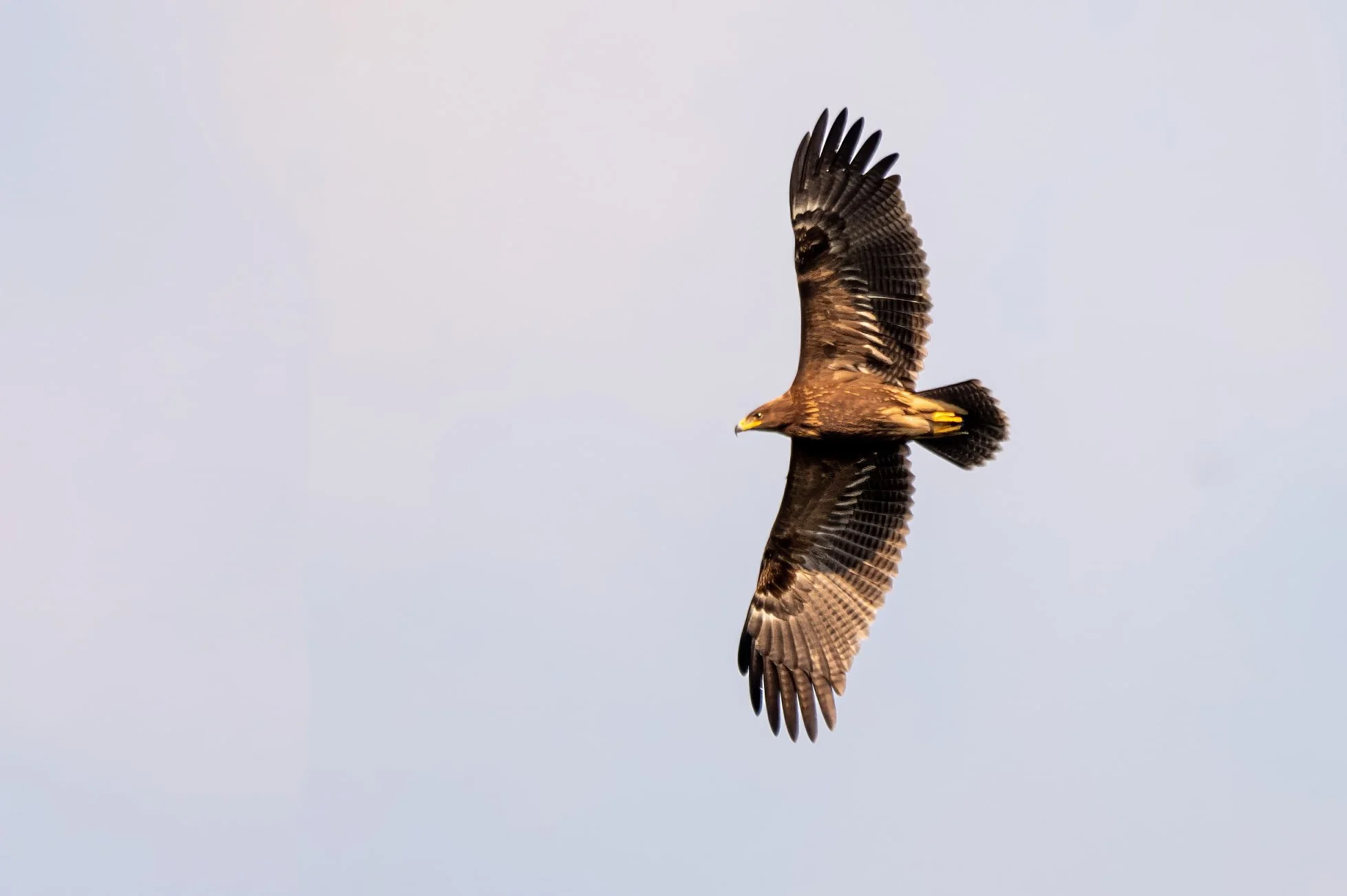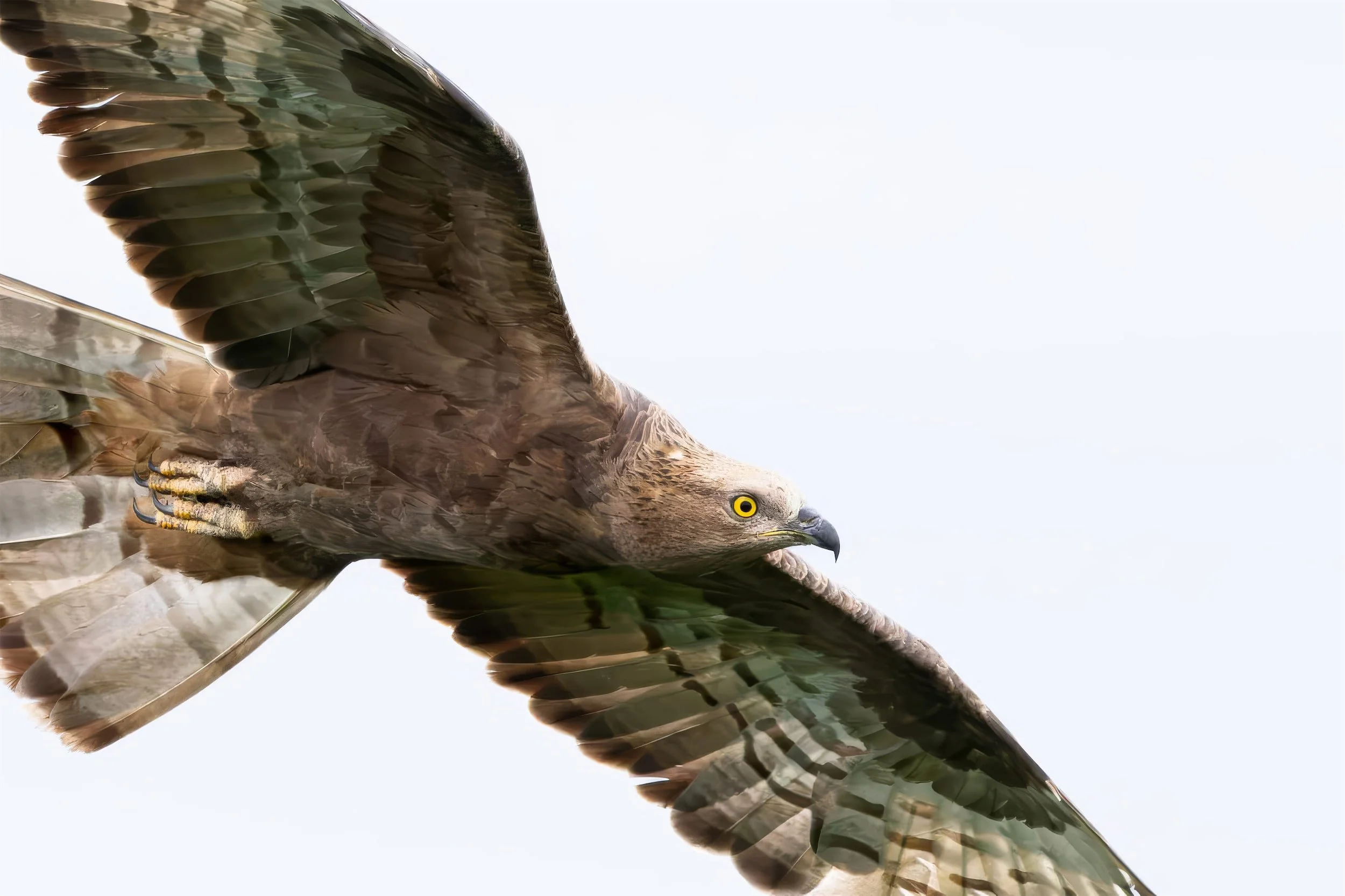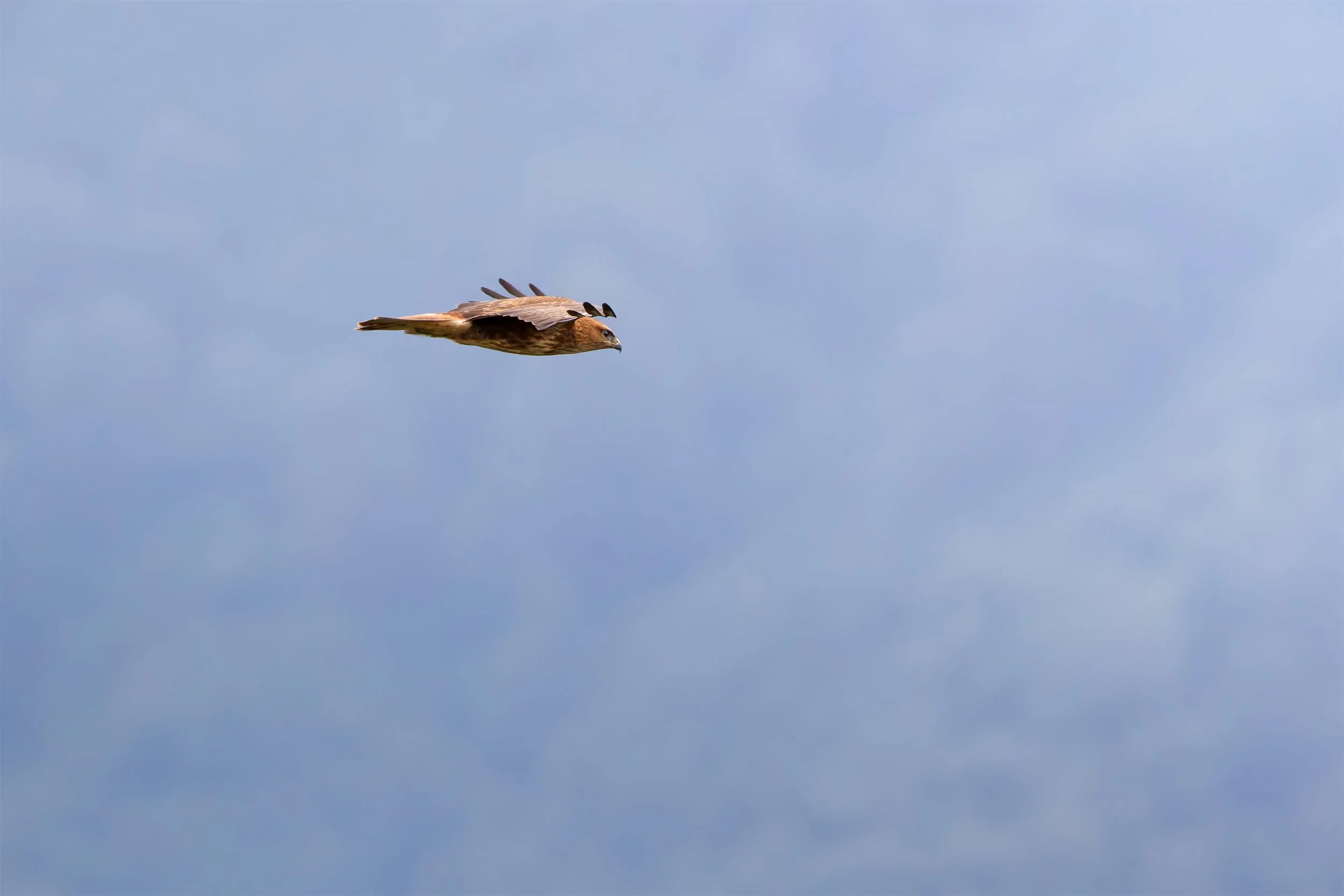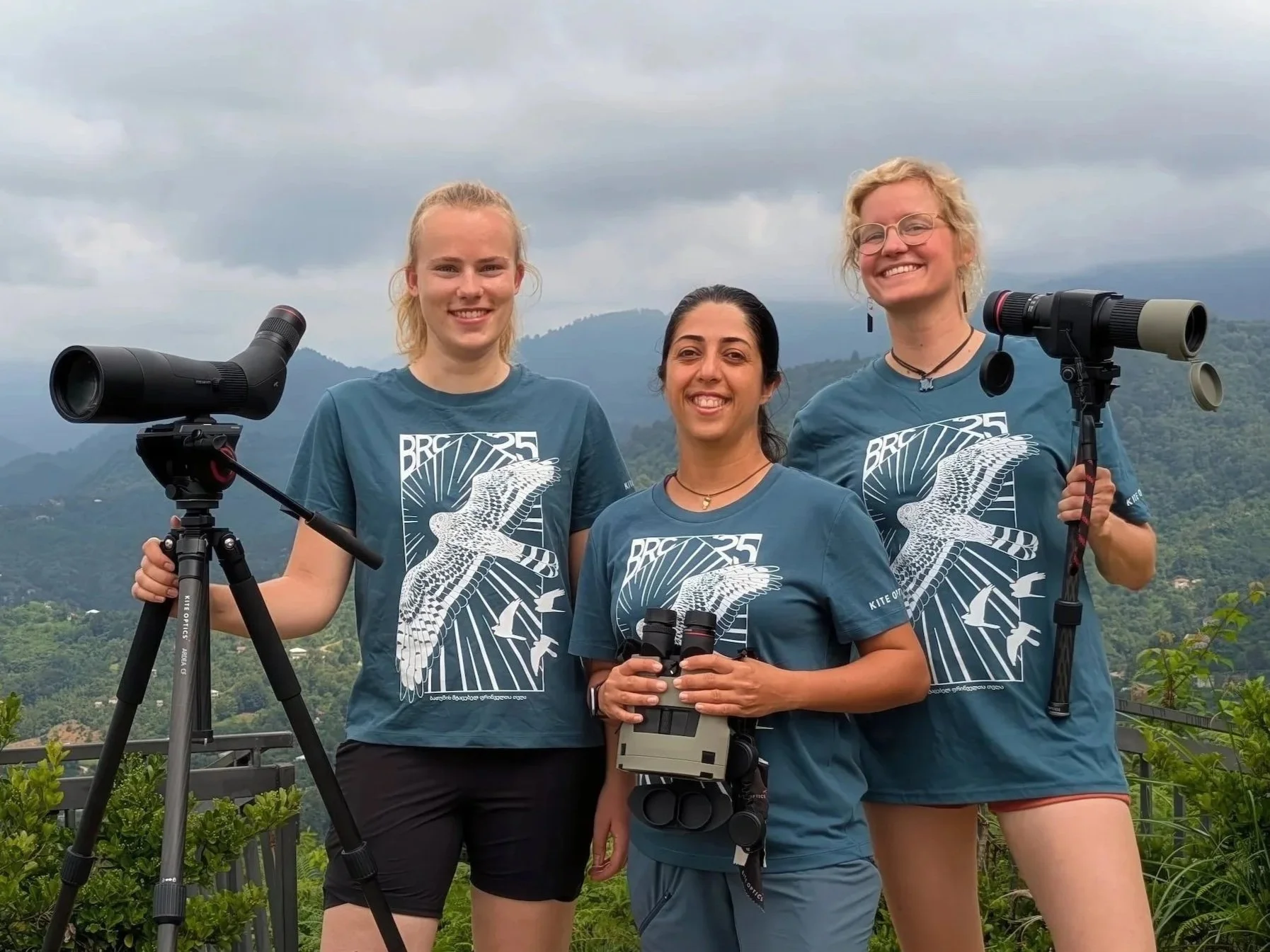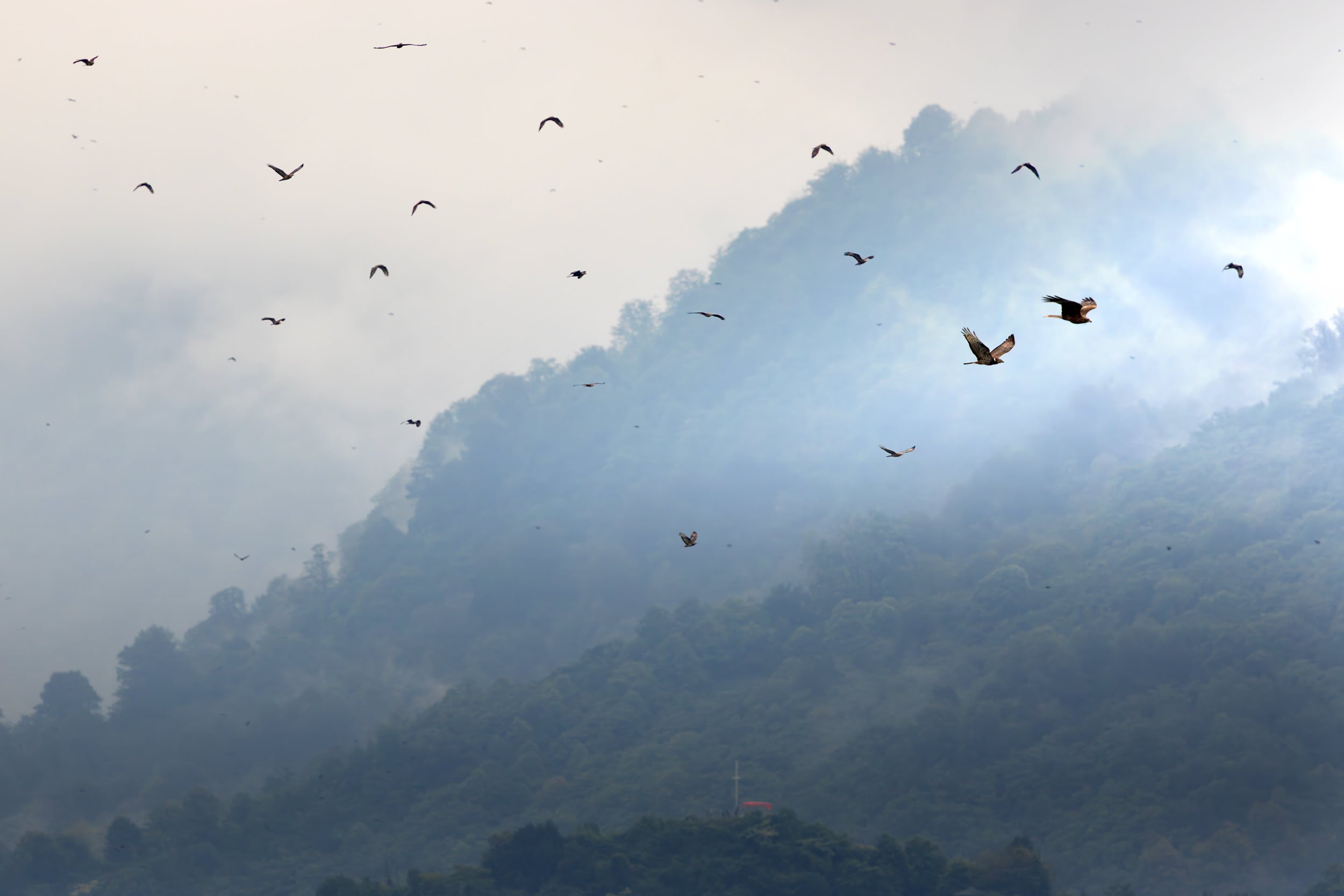
17th Batumi Raptor Count
This year, we bring you the updates from the field on our website as well — not just via our social media channels, newsletters and daily count updates. Let us know in the comment sections what you think of this new approach.
Updates from the field
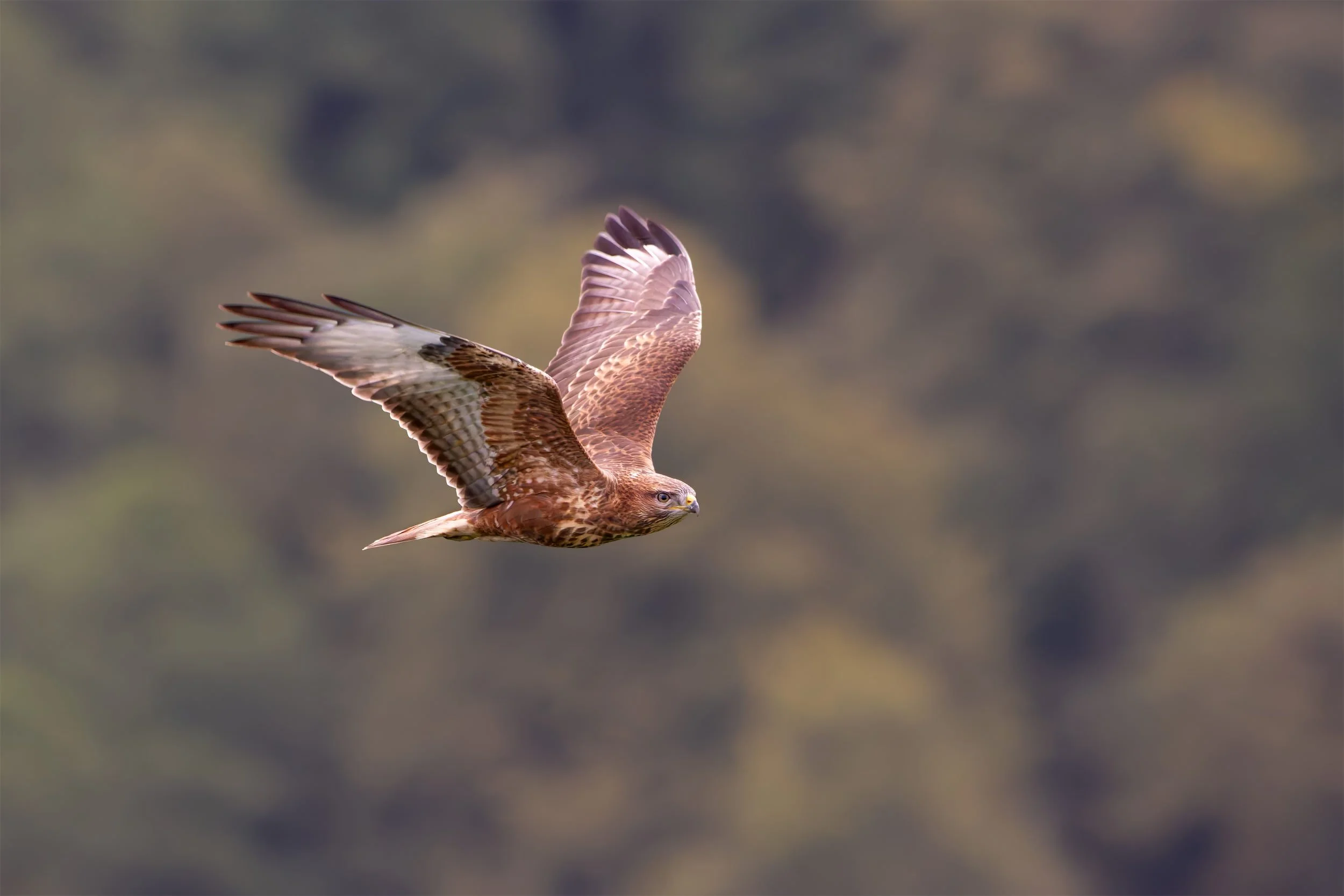
And… it’s a wrap. What a season!
Latest news
2022,
Autumn Count
Bart Hoekstra
2022,
Autumn Count
Bart Hoekstra
We're looking for volunteers for Autumn 2022
2022,
Spring Count
Tohar Tal
2022,
Spring Count
Tohar Tal
Volunteers Wanted: Spring Count 2022
Autumn Count,
BRC
Bart Hoekstra
Autumn Count,
BRC
Bart Hoekstra
5 Reasons why you should NOT participate in the Batumi Raptor Count
2021,
Autumn Count
Bart Hoekstra
2021,
Autumn Count
Bart Hoekstra
We're looking for volunteers for Autumn 2021
Autumn Count,
2017
Bart Hoekstra
Autumn Count,
2017
Bart Hoekstra




